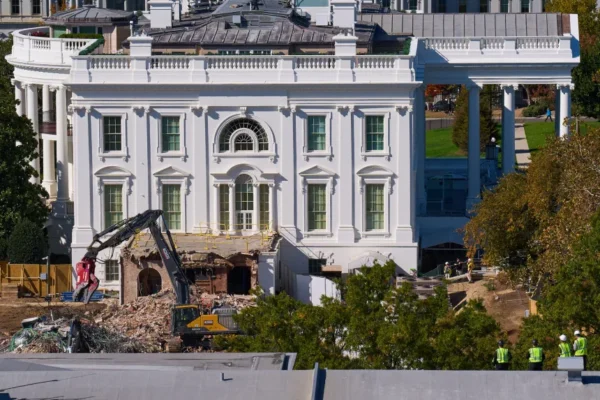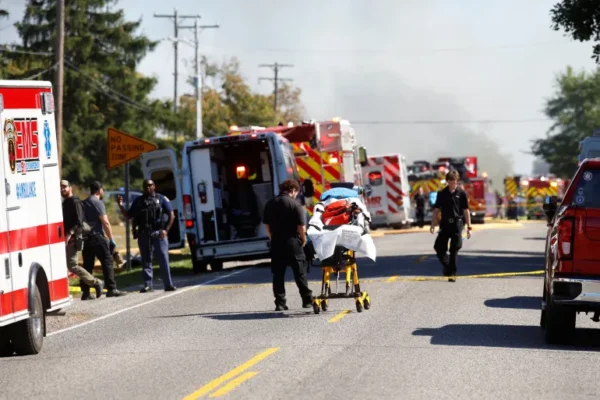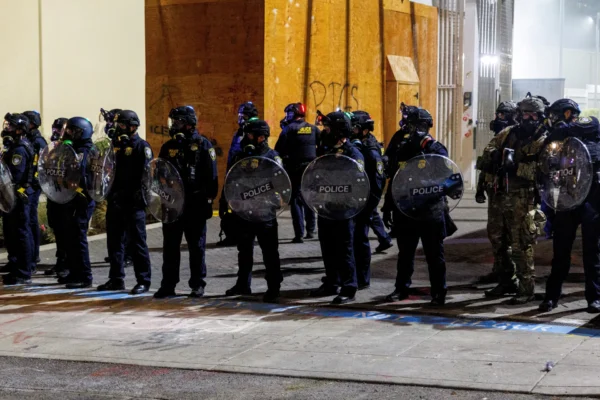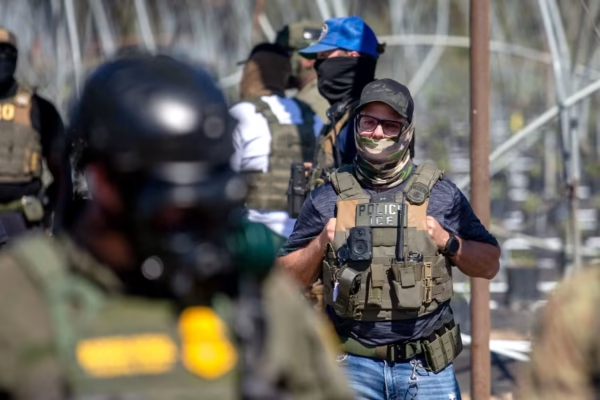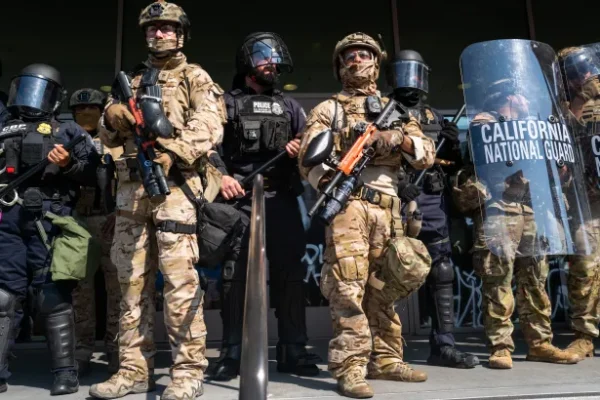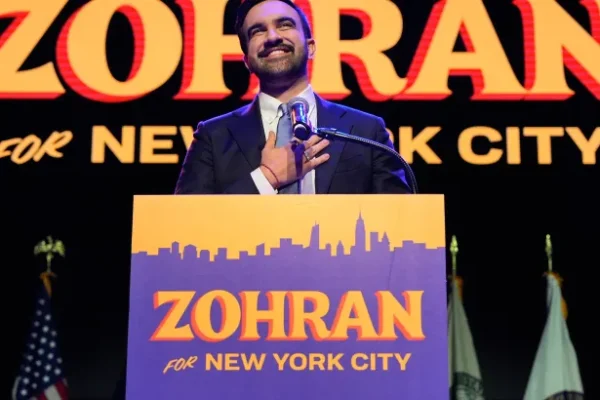
Mamdani Wins: Can Trump Legally Cut Federal Funding to New York City?
Experts say the president cannot unilaterally block federal funds despite political threats New York City’s mayoral race may have been between Zohran Mamdani and Andrew Cuomo, but President Donald Trump was a dominant force in the background — repeatedly attacking Mamdani as a “communist” and threatening to withhold federal funds from the city if he won. Now that Mamdani has emerged victorious, defeating Cuomo by a comfortable margin on Tuesday, questions are mounting over whether Trump can legally carry out his threat. In a post on his Truth Social platform, the president wrote: “If Communist Candidate Zohran Mamdani wins the Election for Mayor of New York City, it is highly unlikely that I will be contributing Federal Funds, other than the very minimum as required, to my beloved first home.” Trump added that the city would become a “complete and total disaster” under Mamdani’s leadership, urging voters to support Cuomo instead. The president also repeated his position during a 60 Minutes interview, saying it would be difficult to justify sending “a lot of money to New York” if a “communist” ran the city. Despite Trump’s rhetoric, Mamdani — a 34-year-old democratic socialist and former state assemblyman — has rejected accusations of being a communist. His campaign focused on making New York more affordable, promising rent freezes, free universal childcare, and reduced public transport costs. Political analysts and fact-checkers have also debunked the claims. PolitiFact cited academic experts explaining that Mamdani’s platform does not reflect communist ideology. “Communism involves a centrally planned economy with no market forces. He is not calling for that,” said Stanford University professor Anna Grzymala-Busse. But how much does New York City rely on federal money — and could Trump really withhold it? According to an April 2025 report from the New York State Comptroller’s Office, the city expects about $7.4 billion in federal funding for fiscal year 2026, roughly 6.4 percent of its total budget. Most of these funds go toward housing and social services, including the Temporary Assistance for Needy Families (TANF) program. However, legal experts say Trump’s threat holds little weight. Under the U.S. Constitution, only Congress has the authority to allocate federal funds. Article I, Section 9 states: “No money shall be drawn from the Treasury but in consequence of appropriations made by law.” That means a president cannot simply refuse to release funds already approved by Congress — an act known as “impoundment.” The Impoundment Control Act of 1974, passed after President Richard Nixon attempted a similar move, requires congressional approval for any withholding of funds beyond 45 days. Constitutional lawyer Bruce Fein told Al Jazeera that Trump “cannot legally halt funding to any state unless Congress has expressly conditioned that funding.” He added that any attempt to do so would likely trigger lawsuits. Trump’s administration has already attempted to limit funding to New York in recent months. Earlier this year, $12 million in federal counterterrorism grants earmarked for the New York Police Department were blocked as part of broader federal spending pauses. The city has since joined a legal challenge against the move, led by New York State. State Comptroller Thomas DiNapoli warned that the city faces “hundreds of millions of dollars in potential funding cuts or delays,” estimating a $400 million shortfall for the 2025 fiscal year and another $135 million for 2026. While political battles over federal funds are not new, experts stress that Trump’s threats — though headline-grabbing — are more political than practical. The U.S. Constitution, they say, gives him limited power to make them reality.


